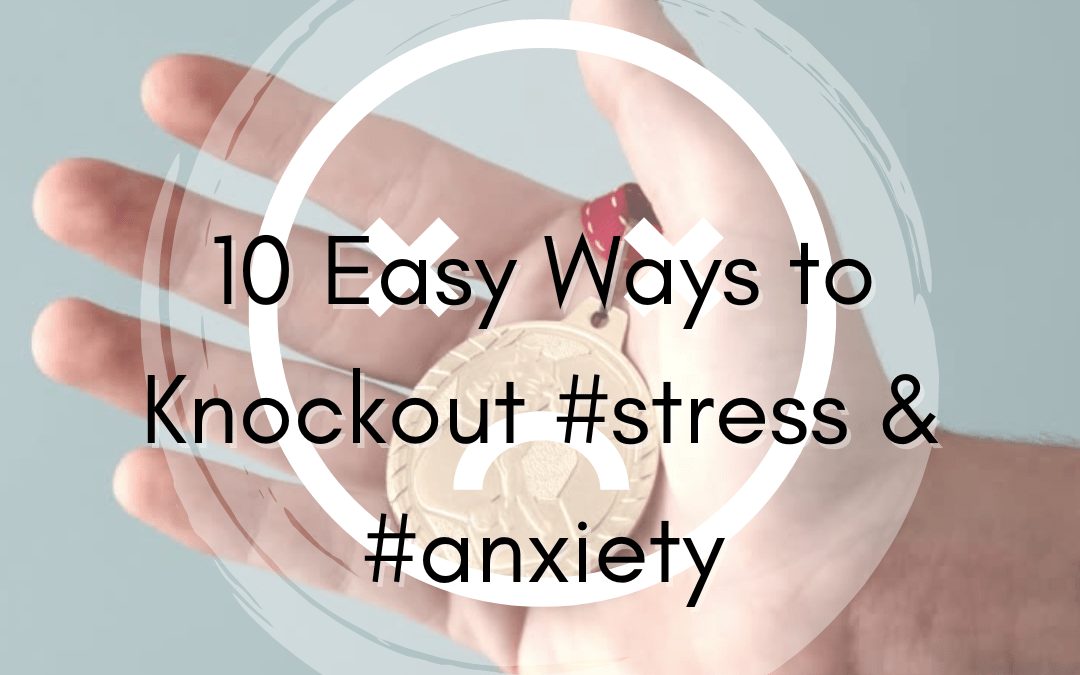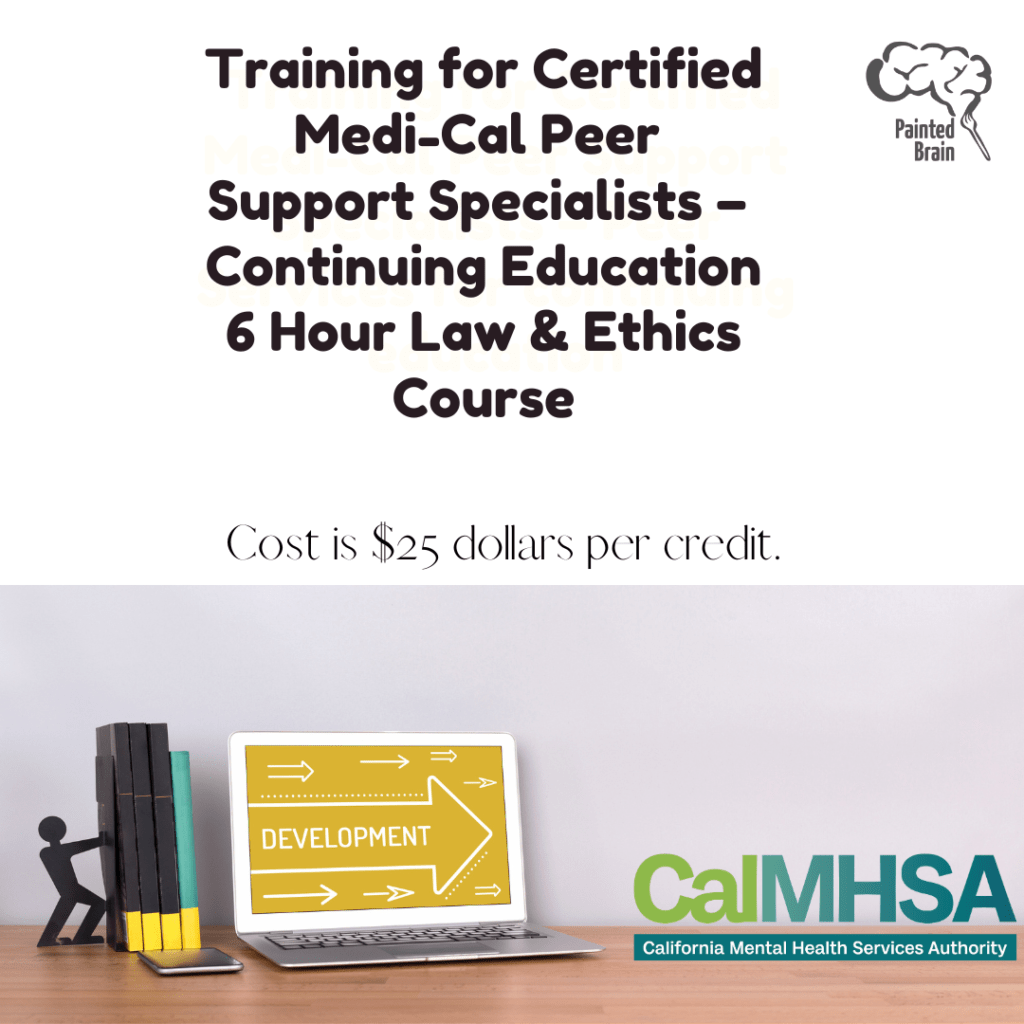Here are 10 of the best ways to knock out stress and anxiety, so that you can better function in your day-to-day life without feeling that unnecessary pressure from triggers.
1. Breathing Meditation
“Breathing meditation is one of the easiest methods in reducing stress,” says Dorothy Harris, a health writer at 1 Day 2 write and Writemyx. “Just get comfortable and breathe slowly and deeply through your nose. This method helps to counteract the stress response going on within your body. You can do this anywhere and for however long you want.”
2. Stay Active
Exercise is another great way to combat stress. When you exercise regularly, you’re less likely to experience anxiety or depression than those who don’t exercise.
Why? Well, for a few reasons:
- Exercise lowers stress hormones (i.e. cortisol), and it helps release endorphins – chemicals that improve your mood and act as natural painkillers.
- Exercise also improves sleep. Poor sleep habits make you more vulnerable to stress.
- Exercise even boosts confidence, thus promoting mental wellbeing.
3. Take Care Of Yourself
“Know your worth: Self–care is important to maintain a healthy relationship with yourself as it produces positive feelings and boosts your confidence and self-esteem”
From Forbes: Practicing Self-Care Is Important: 10 Easy Habits To Get You Started
Treat yourself to something nice.
Whether you get a manicure, a massage, aromatherapy, a haircut, or anything self-care activity you enjoy.
Even if you’re on a tight budget, you don’t have to splurge to get the best self-care products and services.
4. Take Charge Of Your Budget
According to a 2013 study on the relationship between debt and depression, anxiety, stress, and suicide published in the journal Clinical Psychology Review, those who died by suicide were eight times more likely to be in debt.
No doubt about it: Financial stress contributes to stress, especially when facing debt. In some cases, it can make you feel as if you robbed of agency or choice. Quite often this triggers feelings of hopelessness and loss of a sense of self-worth.
The good news is, you can control your budget right now by changing your spending habits. You can be proactive now and practice sound money management. Save money, instead of splurging on unnecessary things. Plus, set some goals on what you need to pay off, and what doesn’t need to be paid for anymore.
5. Fight Stress With A Pen
There’s nothing wrong with writing about your stress. In fact, journaling has been proven to be therapeutic. As you organize your thoughts, it’ll help you identify the most effective, healthy ways to reduce your stress.
Just take at least 10 minutes to write. Then, write about possible solutions for your situation.
Mental Illness, and Writing: It’s Not Just for Tragic Poets Anymore
6. Consume Less Caffeine
Caffeine – a stimulant found in coffee, tea, chocolate, and energy drinks – is a culprit, when it comes to what causes stress and anxiety. While some people can tolerate a certain amount of caffeine, others aren’t so lucky.
So, if caffeine starts making you jittery or anxious, try cutting back on it.
7. Say Goodbye To Clutter
“Clutter can make us feel stressed, anxious and depressed. Research in the United States in 2009 found that levels of the stress hormone cortisol were higher in mothers whose home environment was cluttered.”
From ‘Marie Kondo Tidying Up’: This is What Clutter Does Your Brain and Body
If too much clutter is clogging your home, then it’s time to clean up.
Try making three separate piles for your stuff:
- One pile can be for items that you want to throw away.
- Another pile can be for items to donate.
- The third pile can be for stuff that you want to sell.
Having your home free of clutter can give you more space to breathe and think.
8. Listen To Your Body
When you feel stressed or overwhelmed, take a moment to see how your body is doing:
- How is your back?
- Are your shoulders tense?
- Are you experiencing headaches or chest pains?
By listening to your body, your brain will slow down, which helps you to counteract your body’s negative stress response. Plus, this mental body scan allows you to identify stress areas more quickly in the future.
9. Reach Out To Friends And Family
“No matter what, your social support should come from friends and family, especially during the tough times,” says Kayleigh Nolan, a lifestyle blogger at Brit Student and PhD Kingdom. “A great social support network gives you a sense of belonging and self-worth, which is beneficial for reducing anxiety and stressful situations that you might be going through.”
10. Have A Laugh
Laughing is actually good for your health in the following ways:
- It relieves your stress response
- It helps relax your muscles, AND
- It helps improve your immune system and mood.
So, try to watch a funny TV show, or hang out with funny friends.
Conclusion
As you can see, there are many easy ways, besides these 10, that can help you reduce significant amounts of stress and anxiety without having to bend over backward. Not only do they take your mind off of stressful stuff, but they also help you feel better in the long run.
Featured image by Paintedbrain.org
Michael Dehoyos writes and edits at Coursework help and Coursework writing services. He is also a contributing writer for online publications, such as Origin Writing. As a content marketer, he helps companies improve their marketing strategies.





